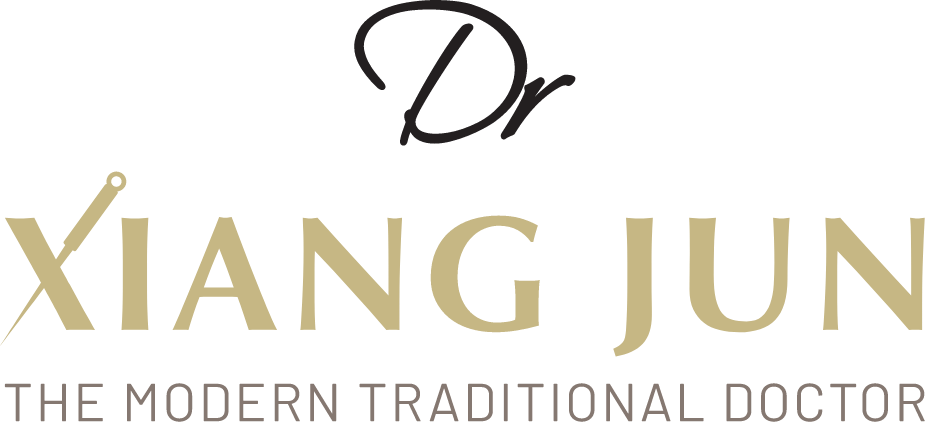TCM Basics 101: Pulse Reading-What are we actually taking?
When you go to see a TCM doctor or even an Ayurvedic doctor, usually one of the two main diagnostic tools that we use to assess your body condition is through Pulse Reading.
But are we just taking the pulse rate just like how the Western doctors are doing?
The answer is obviously a no. TCM and alternative medicines are more sophisticated than that.
To put it really simple, Pulse Reading in TCM is like the doctors doing a CT scan using our fingers as the probe. And the accuracy of the assessment is via the sensitivity and experience of the doctor assessing you. In fact, we can know from head to toe where are the blockages and areas of the body that need attention. Yes, pulse rate is one factor that we are assessing but we always go beyond that. We are sensing the QUALITY of your pulse, which means the rate, the depth, the tension, the width etc. of your pulse. Each finger resting on your pulse can also represent certain organs that we are assessing.
So we can literally tell you how your individual organs are and what problems are the body parts having just through Pulse Reading.
There are many theories to Pulse Reading and it will depend on how your practitioner is being trained for it and which lineage he or she is with.
To give you a few examples, we can sense pulse that are like taut as a overwound guitar string. We can sense pulse that are moving like a pearl rolling on a China plate. And they all meant different things to what the body is undergoing and which body part is affected.
Pulse Reading itself is an art that is trained from the start of the journey of a TCM doctor. It is not so simple like a machine taking the number of beats per minute. Part of our training involves increasing the sensitivity of our fingertips through methods such as frequent bead pressing and also the old school method of repetition of Pulse Reading on tens or hundreds of patients daily.
Some say Pulse Reading is inaccurate and subjective. For me, I will say true healing and treatment is subjective and varies with individuals. So does assessment of a living human body.
Further reading:
Everything you need to know about Acupuncture
Men’s Health Series: Which is the Better Way to Treat Prostatitis - TCM or Western Medicine?
How do Acupuncture and Acupressure work and which is the Better One
Everything you need to know about Dampness
It is not normal to have cysts and fibroids
Why Everything Cold is Discouraged during Menstruation
Men’s Health: Low libido equals low testosterone?
Facial Acupuncture - How to differentiate Real Ddeal from Fakers



